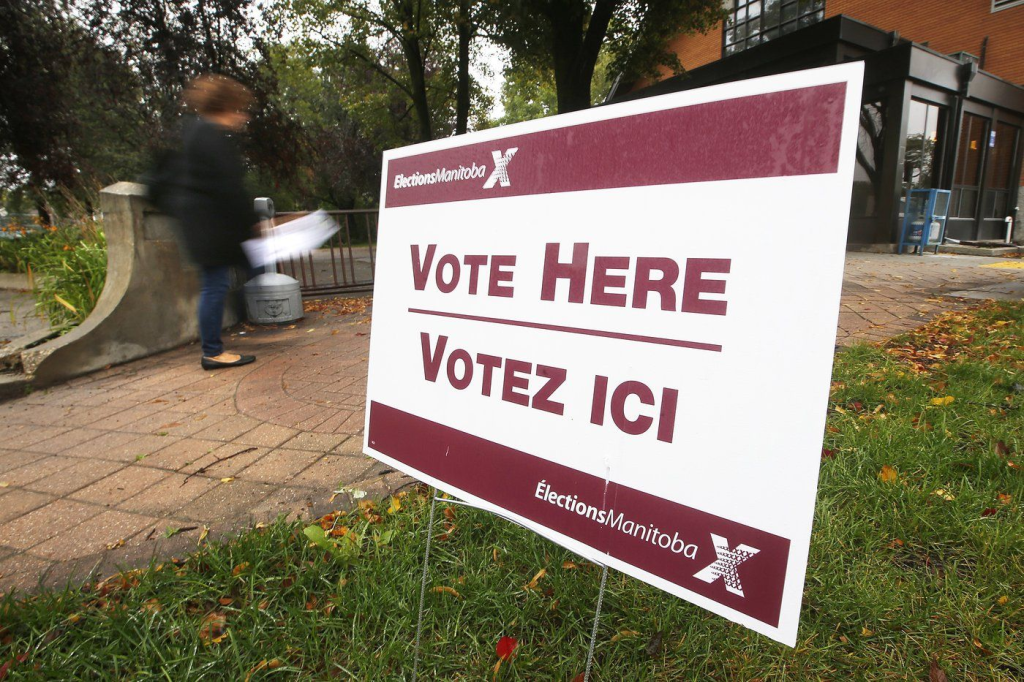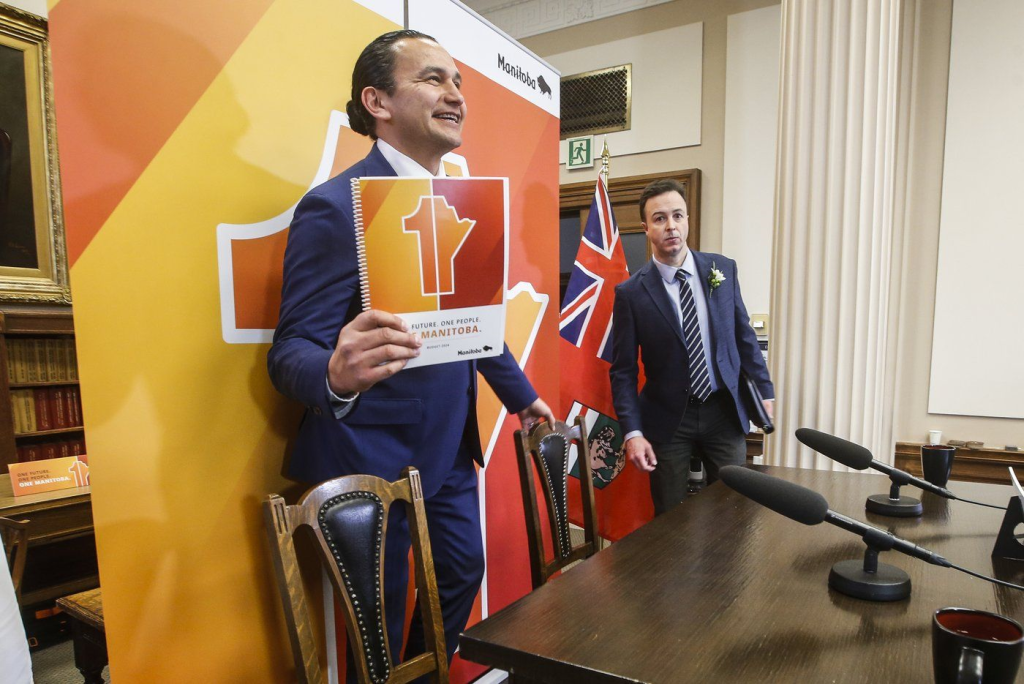Canada gas prices to rise due to cleaner fuel rules: report

Posted May 18, 2023 6:18 pm.
A new analysis finds the federal government’s plan to move to cleaner fuel sources will raise the price at the pump and have a negative impact on economic growth.
The report released on Thursday looked at Canada’s Clean Fuel Regulations which are set to take effect on July 1. The new regulations will require fuel suppliers to gradually reduce the carbon intensity of gasoline and diesel fuels in the country.
Parliamentary Budget Officer Yves Giroux says the price of gasoline and diesel will increase by up to 17 cents per litre over the next seven years as a result of the regulations. While it will cost household budgets an average of $573 over that time, he says it equates to a small hit to the country’s finances overall.
“Nine billion dollars, or 0.3 per cent of GDP by 2030. So it’s not a big impact,” he told CityNews.
The report says the provinces that will feel the greatest financial impact on households are Saskatchewan, Alberta, and Newfoundland and Labrador. Those three provinces will see at least 0.8 of average household disposable incomes eaten up by the regulations due to the “higher fossil fuel intensity of their economies.”
British Columbia will see the smallest effect, according to the analysis, with 0.28 per cent of household disposable incomes affected. Ontario and Quebec will see 0.35 per cent and 0.39 per cent of disposable incomes affected, respectively.
The federal Conservative party is calling the regulations a “second carbon tax” that Canadians can’t afford.
“One in five Canadians are skipping meals because they can’t afford the price of food,” said leader Pierre Poilievre.
However, MPs from every other party say studies show the cost of the impacts of climate change could be tens of times worse than this if we don’t act.
“Losses and damages due to climate change reaching I think about $100 billion,” noted Liberal Whitby MP Ryan Turnbull.
“The costs of inaction have a bigger impact than marginally small impacts of taking climate action,” said Green Party leader Elizabeth May.








